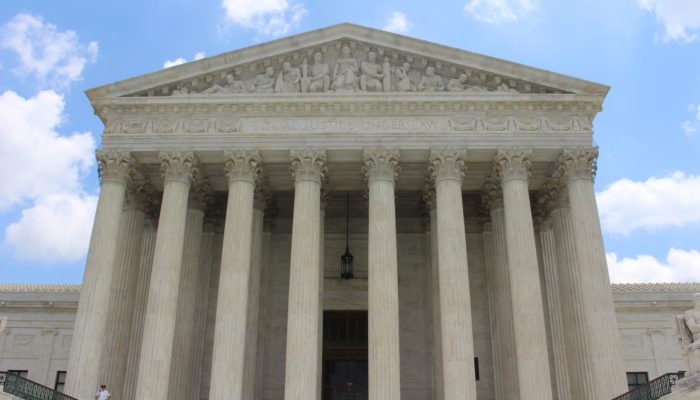Not unlike the “blue wall of silence” wherein police officers hesitate to testify against other officers’ misdeeds, the medical profession has its own “white wall of silence” that underscores how difficult it is to get doctors to testify against other doctors in malpractice suits.
Recently, a twenty-year-old case has come to the forefront of discussion when a physician who was a witness for the defendant in a medical malpractice suit lied under oath by testifying that he had no knowledge of his colleague’s substandard work in a case where a patient suffered harm and permanent disability as a direct result of his surgeon’s negligence. The jury found for the surgeon in this case.
Dr. Lars Aaning from South Dakota confessed that his actions have haunted him for two decades. Since Aaning has retired, he decided to come clean and possibly shed light on why it is so difficult for plaintiffs to obtain expert testimony in medical malpractice lawsuits. On his behalf—and to rectify his own moral compass—Aaning has become a patient advocate and helps the medical malpractice lawyer who represented the patient in the aforementioned case.
One has to wonder how prevalent similar behavior occurs—how many other physicians lie to protect their colleagues. There is a fear of retaliation among medical professionals for speaking up in cases where patients are harmed; however, an alarming number of physicians have admitted that they are not truly in favor of informing patients of mistakes.
Aaning claimed he did not view his actions as lying per se, but simply supporting his colleague, and the pressure placed on physicians by their peers is the norm in the medical profession. Despite the American Medical Association (AMA) and American College of Surgeons asserting that physicians should always advocate for their patients, the doctor who does not stick up for his peers, regardless of the behavior, will feel pressure and stigma—sometimes serious enough for the physician to risk his/her own morality. As Anning confessed, he has carried the guilt of his actions for nearly two decades, and whereas it is too late—and too painful—to consider the actual weight his testimony had on the case’s outcome, he wanted to share his experiences and bring greater awareness to this far too common problem.
At Abend & Silber we work with outstanding and courageous medical experts in many specialties. For more information, or if you have suffered harm by a medical professional, please contact us.

